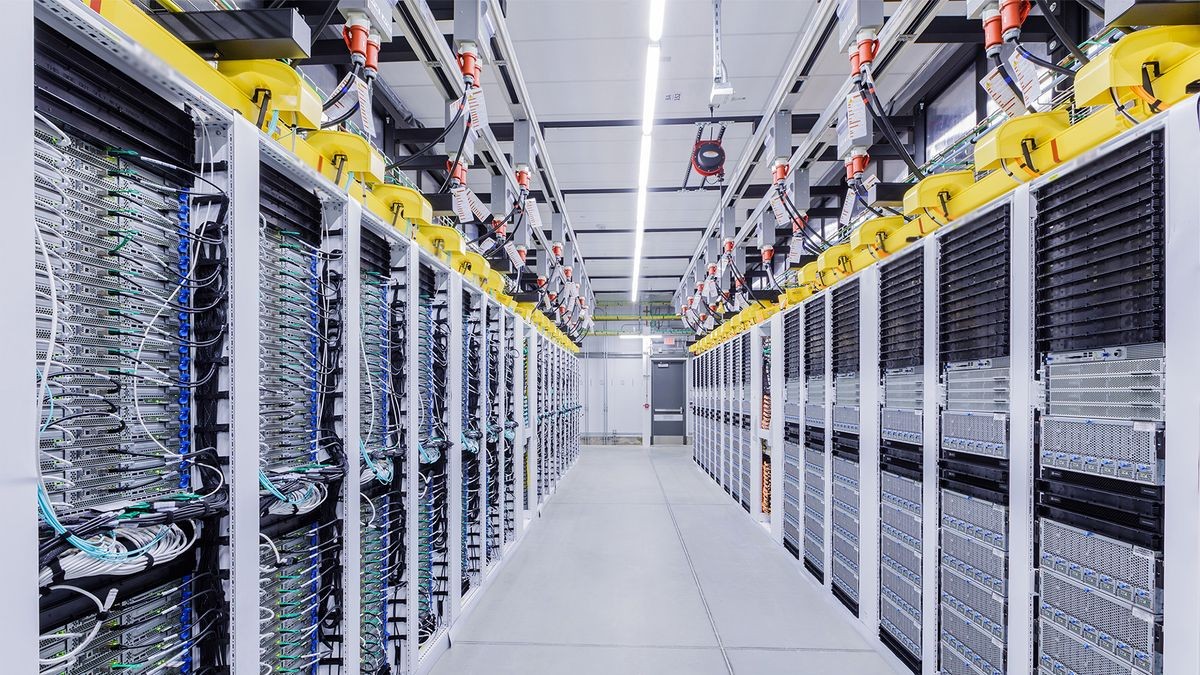
Microsoft revealed ambitious plans to invest $80 billion in AI infrastructure during fiscal year 2025, marking one of the largest single-year technology investments in corporate history. The announcement, made by Microsoft President Brad Smith, caught many industry analysts off guard with its unprecedented scale.
The tech giant plans to allocate over half of this massive budget to AI initiatives within the United States, focusing primarily on expanding AI-enabled datacenter capabilities for training large language models and deploying cloud-based AI applications globally.
This bold financial commitment reinforces Microsoft's strategic partnership with OpenAI and positions the company at the forefront of what it views as the next industrial revolution. The investment significantly exceeds Wall Street's expectations, prompting analysts to revise their capital expenditure projections upward.
The planned infrastructure upgrades include substantial modifications to existing datacenters, potentially accommodating advanced computing systems with power requirements of up to 140 kW per cabinet - more than triple current specifications. Industry insiders suggest Microsoft will be among the first customers for Nvidia's upcoming Blackwell AI platform.
While specific details remain limited, the investment may also encompass power infrastructure developments, including Microsoft's previously announced plans for nuclear power facilities to support its growing AI operations.
Brad Smith drew parallels between AI's potential impact and historical technological breakthroughs like the steam engine and electricity, emphasizing America's current leadership in the global AI race through private sector innovation and investment.
The announcement reflects Microsoft's conviction that AI will fundamentally transform the global economy, demonstrating the company's willingness to make bold financial commitments to maintain its competitive edge in the rapidly evolving technology landscape.